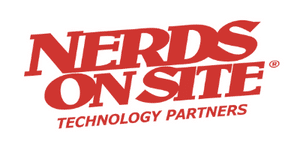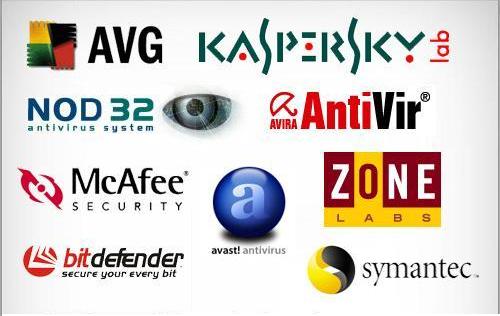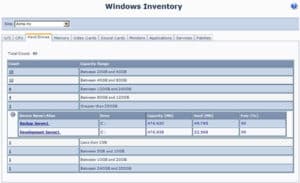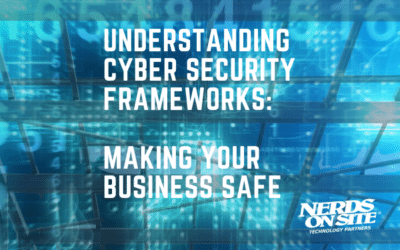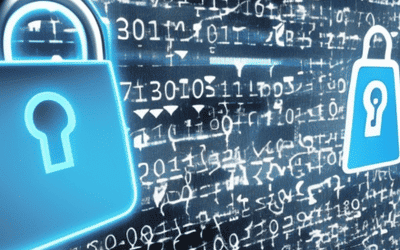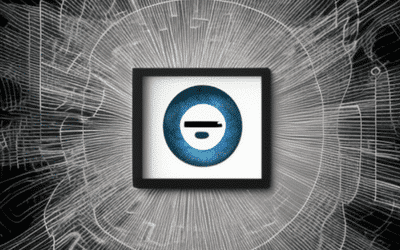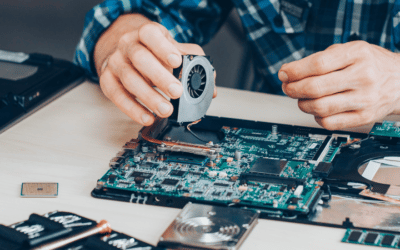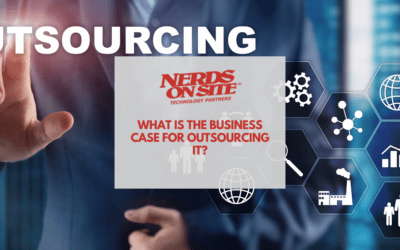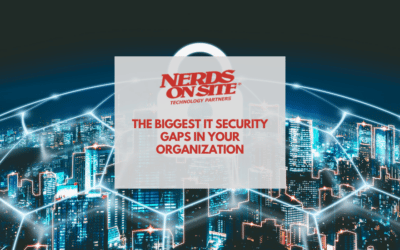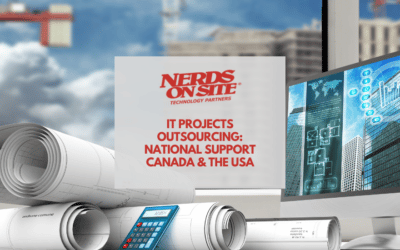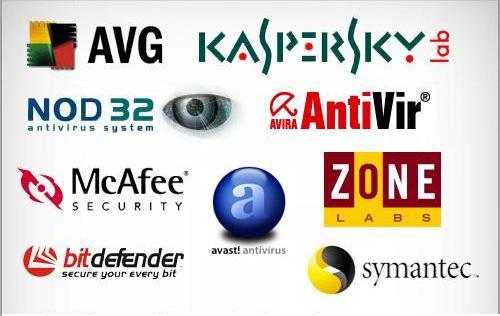 One of our Nerds noticed a conversation on Twitter the other day about a specific free anti-virus product in use at a small business. The Nerd felt inclined to mention that free isn’t always better. More accurately, depending on a business’s needs, a paid anti-virus designed for enterprises is actually a must!
One of our Nerds noticed a conversation on Twitter the other day about a specific free anti-virus product in use at a small business. The Nerd felt inclined to mention that free isn’t always better. More accurately, depending on a business’s needs, a paid anti-virus designed for enterprises is actually a must!We felt inspired by that conversation to further explain why we feel this way.
Nerds On Site is vendor agnostic. This means that although we feel certain products are more effective than others, we feel no obligation to recommend a product if they are not a fit for a company or organization. This does not mean a free product, like Microsoft Security Essentials, isn’t effective or worth using, but given how the network and computers are being used, a paid product, like NOD32, can protect a network more effectively, and save a business time and money over the long term.
For example, some enterprise anti-virus product have the option to deploy and manage antivirus installed on workstations from the server. This is important, especially for larger companies that have many computers. The less that we need to go around to each machine and do maintenance, the less we interrupt the work people are doing. Using software to automate or remotely maintain and resolve issues from the server, possibly after hours, can accomplish the same tasks.
Free antivirus solutions do not offer this ability. Though they offer scheduled scans, which can be handy, some can nag the user to scan the computer regularly, or not offer to scan the system at all, leaving users to remember to do it. In a smaller business, or if the user doesn’t mind routinely doing this, a free anti-virus may be a fine choice.
For smaller companies that do not have a server, the ability to manage all workstation antivirus isn’t possible. That said, enterprise solutions are designed to work unattended for the most part, limiting how much we need to interrupt those using the workstation, including scheduled scans, and do not require being maintained by the server. Regardless, if it finds an infection, it notifies the user, which is by design.
Nerds On Site goes a step further, if an infection is found on a computer, we can install software to monitor the “health” of the system and send us alerts when issues or “warning signs” are discovered. This can often mean we are alerted to issues before our clients are even aware of them, and resolve them faster as a result. They can take comfort that when issues occur, we’re already aware of them, and they don’t have to do anything.
Enterprise antivirus (such as NOD32) can also saves bandwidth. For example, 50 PCs updating via the internet several times a day is extra load on the network, and that bandwidth best be used elsewhere, rather than slowing down the network unnecessarily. Business versions can download the updates once at the server, and workstations can get that update from the server. The update is downloaded once – not fifty times. We have clients with that have reported faster internet speeds – and better network performance – because of this.
Another important distinction is that free antivirus products are not licensed for business use, though companies like Microsoft aren’t enforcing that – yet. What does this really mean? If you have an issue with the software, businesses can’t call the vendor for support, and we’ve seen other (non-antivirus) software vendors decline support for THEIR software, blaming the free antivirus for the issues. Unlicensed software can be a scary position to be in.
That doesn’t mean we can’t monitor or maintain workstations that use a free anti-virus, but taking the onus off the user to not have to worry about doing scans or maintenance, or changing settings is a priority for us, and enables them to have more peace of mind.
